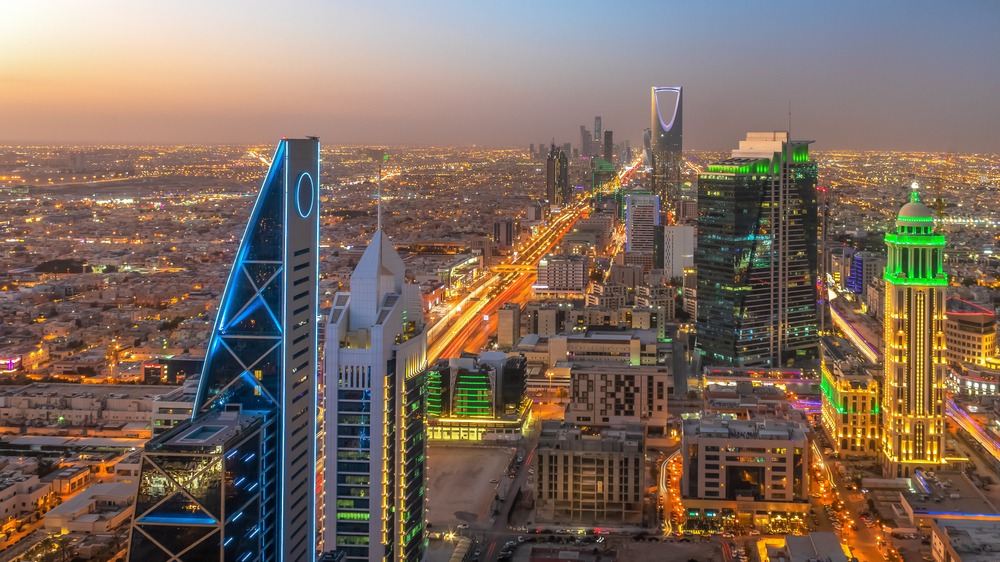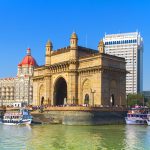When you think of Saudi Arabia, vast deserts and bustling cities might be the first images that come to mind. However, beneath the golden dunes and urban skylines lies a world of natural beauty and ecological diversity that’s waiting to be explored. Saudi Arabia is emerging as an eco-tourism destination, offering travelers the opportunity to connect with nature, witness diverse landscapes, and support conservation efforts. In this article, we will delve into the Kingdom’s eco-tourism scene and explore some of its hidden natural gems.
A Land of Natural Diversity
Saudi Arabia’s geography is as diverse as it is captivating. From the expansive deserts of the Rub’ al Khali (Empty Quarter) to the lush oases of the Asir Province, the country boasts a wide range of ecosystems that make it a unique eco-tourism destination.
Red Sea Coastline: The Red Sea coastline of Saudi Arabia is a natural wonder. Its crystal-clear waters are home to vibrant coral reefs, making it an ideal destination for snorkeling and diving. The Farasan Islands, part of this coastal region, are particularly renowned for their rich marine life and offer a pristine environment for underwater exploration.
Asir Province: The Asir Province, in the southwestern part of Saudi Arabia, stands in stark contrast to the arid deserts. This region is characterized by lush, green landscapes, terraced farms, and dramatic mountain ranges. Abha, the provincial capital, is a gateway to the Asir’s natural beauty, where visitors can explore the verdant landscapes, hike in the mountains, and savor the cool, refreshing air.
The Rub’ al Khali: The Rub’ al Khali, or the Empty Quarter, is the largest sand desert in the world. While it may seem inhospitable, it’s a place of stark beauty, with endless dunes and unique desert flora and fauna. Travelers can embark on desert safaris and experience the serenity of the desert, camping under the star-studded Arabian night sky.
Eco-Tourism Initiatives
Saudi Arabia is actively investing in eco-tourism initiatives to preserve its natural beauty and promote sustainable tourism practices.
The Red Sea Project: The Red Sea Project is one of the most ambitious eco-tourism projects in Saudi Arabia. It aims to develop a series of luxury resorts, marinas, and recreational areas along the Red Sea coastline while prioritizing environmental sustainability. The project also focuses on protecting the fragile marine ecosystem and supporting conservation efforts.
Sharaan Nature Reserve: Located in the Al-Ula region, the Sharaan Nature Reserve is an eco-tourism project that seeks to protect and showcase the unique natural features of the area. The reserve is home to diverse wildlife, including the critically endangered Arabian leopard. Visitors can explore the stunning landscapes, hike the trails, and observe the local flora and fauna.
Al Reem Biosphere Reserve: The Al Reem Biosphere Reserve, encompassing the Asir Province, is a UNESCO-recognized area dedicated to the conservation of biodiversity and sustainable land use. It offers visitors a chance to witness the natural beauty of the Asir region while supporting conservation efforts.
Wildlife Encounters
Saudi Arabia’s diverse ecosystems support a wide range of wildlife, some of which are rare and endangered. Eco-tourists have the opportunity to observe and learn about these fascinating creatures.
Arabian Oryx: The Arabian Oryx, a magnificent white antelope with elegant, straight horns, is an iconic species of the Arabian Peninsula. Efforts to protect and conserve this species have been successful, and visitors can now see these graceful creatures in their natural habitat.
Hawksbill Turtles: The Red Sea coastline is a crucial nesting ground for Hawksbill turtles. During the nesting season, eco-tourists can participate in turtle watching and conservation activities. These encounters provide valuable insights into the delicate balance of marine life.
Adventure and Exploration
Eco-tourism in Saudi Arabia isn’t limited to passive observation; it’s also about adventure and exploration.
Desert Trekking: The vast deserts of Saudi Arabia offer a unique opportunity for trekking adventures. Guided desert treks allow visitors to immerse themselves in the stark beauty of the desert, camp under the open sky, and experience the silence and solitude of the dunes.
Rock Climbing: The mountains of the Asir region provide excellent rock climbing opportunities. Climbers can challenge themselves on various routes while taking in the breathtaking scenery. The cool climate and lush landscapes make it an ideal destination for outdoor enthusiasts.
SAUDI VISA FOR AFRICAN CITIZENS
Supporting Sustainable Tourism
Eco-tourism in Saudi Arabia is not just about enjoying the natural beauty; it’s also about responsible and sustainable tourism practices.
Eco-Friendly Accommodations: Many eco-tourism initiatives in the Kingdom prioritize eco-friendly accommodations that blend with the natural surroundings. These lodgings are designed to have minimal impact on the environment.
Conservation Education: Eco-tourism experiences often include educational components that raise awareness about the importance of conservation and the protection of natural habitats. Visitors gain insights into the unique ecosystems and their significance.
Conclusion
Saudi Arabia’s eco-tourism scene is a testament to the Kingdom’s commitment to preserving its natural beauty while offering travelers the chance to experience the country’s diverse landscapes. From lush oases to arid deserts and pristine coastlines, Saudi Arabia’s ecological diversity is a hidden treasure waiting to be discovered by eco-conscious adventurers. By supporting sustainable tourism practices and conservation efforts, eco-tourists can contribute to the protection of these unique ecosystems, ensuring that future generations can continue to explore and appreciate the Kingdom’s natural wonders. Whether you’re an avid adventurer or simply seeking a peaceful retreat in nature, Saudi Arabia’s eco-tourism offerings have something to offer every nature lover.
Read more: Saudi Arabia’s Arts and Culture Scene: From Museums to Music Festivals


